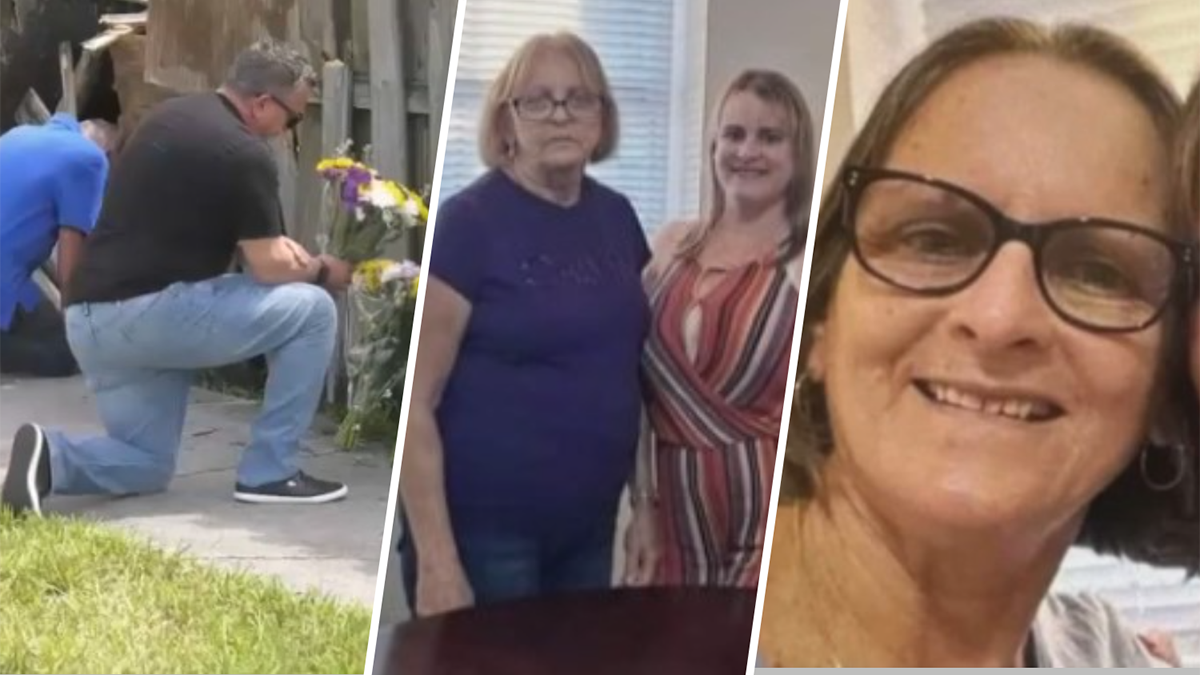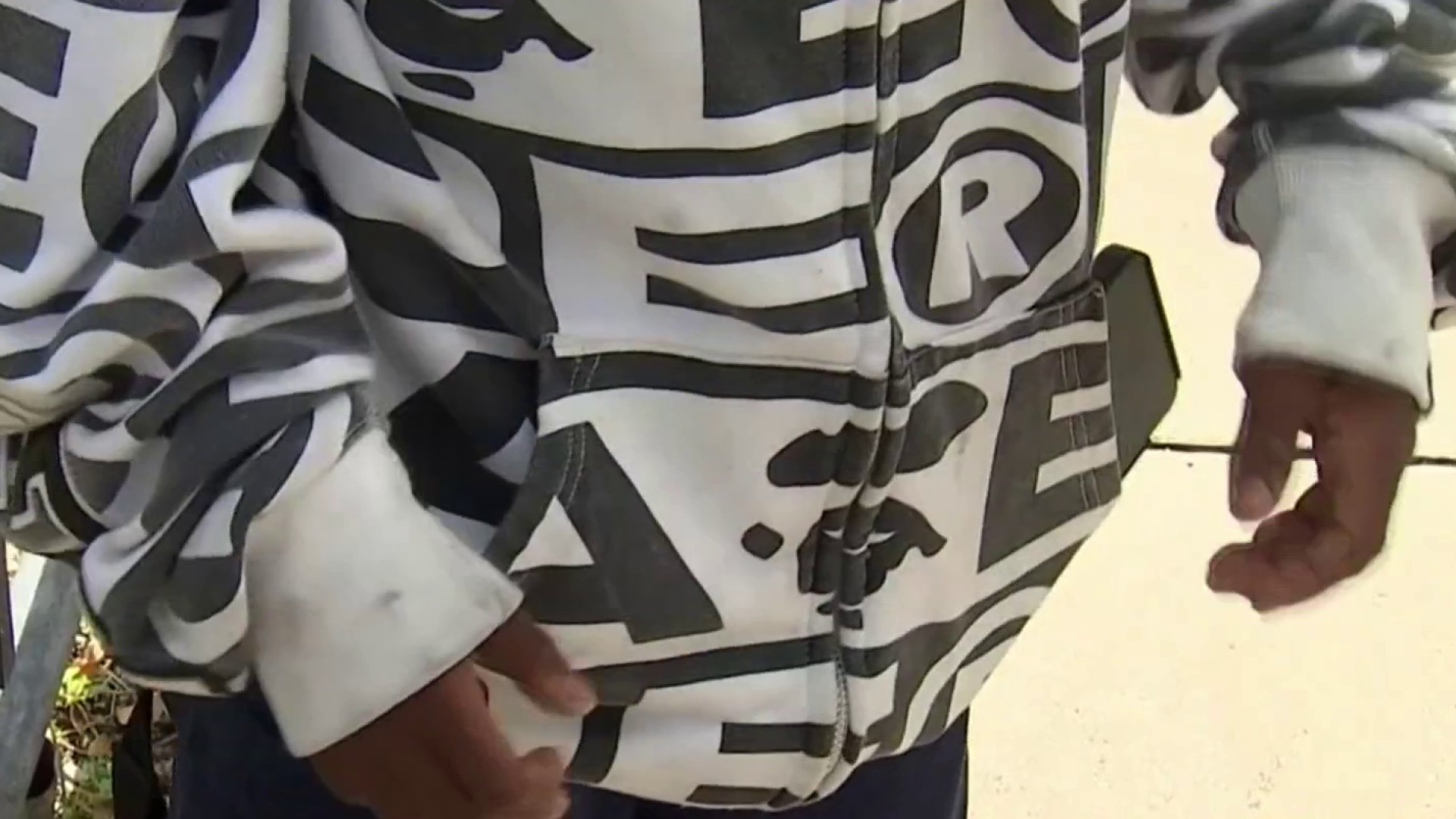You might call them the Bonnie and Clyde of Ponzi schemers.
The SEC has charged a Miami husband and wife team of bilking hundreds of elderly Cuban-Americans in South Florida out of $135 million through a real estate investment Ponzi scheme.
Gaston E. Cantens and Teresita Cantens spent years building their development company, Royal West Properties Inc., into a trusted establishment in Miami's Cuban-American community.
The Cantens used Spanish-language television commercials and their contacts in the South Florida business and religious communities to attract investors to their scheme, according to the SEC.
The couple sold promissory notes to investors claiming they were secure and would give returns of between 9 and 16 percent. But when the real estate boom went bust and property owners defaulted on mortgages, the Cantens' scheme began.
They started using new investor money to pay off old investors. To make matters worse, the SEC alleges they also took $20 million to pay themselves exorbitant salaries, fund personal business ventures and give cash gifts to their children and grandchildren.
"The Cantens used their prominent standing in a close-knit Cuban-American community to ruthlessly exploit vulnerable elderly investors who trusted them with their life savings," said Eric I. Bustillo, Director of the SEC's Miami Regional Office, in a statement. "They portrayed themselves as a pious couple closely involved with educational and religious organizations, while in reality they were living lavishly off money from defrauded investors."
Local
The SEC estimates the Cantens sold the worthless promissory notes to about 400 people.
"It turned out that since at least 2002, this was nothing but a Ponzi scheme," Bustillo said. "In fact, they literally were soliciting investors almost until the last day of the collapse of this company."
"The Cantens are very prominent in this community, they're very well known, and they're very involved in religious and charitable organizations," said Teresa Verges, with the SEC. "They basically dovetailed that and those relationships in a classic affinity fraud fashion and made those connections with people who trusted them."
One of those people is an 80-year-old widow, represented by attorney Frank Quintero. He said they took her life savings.
"Beacuse of the friendship Mr. Cantens had with her former husband, he got very close with her and took money out of her accounts," he said.
Gaston E. Cantens is the father of Gaston I. Cantens, a former member of the Florida House of Representatives from 1996-2006.



